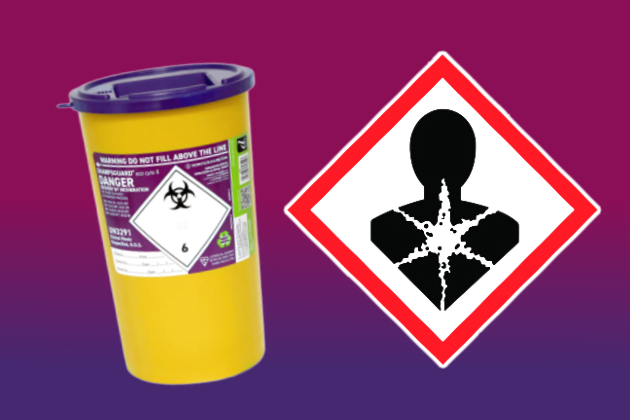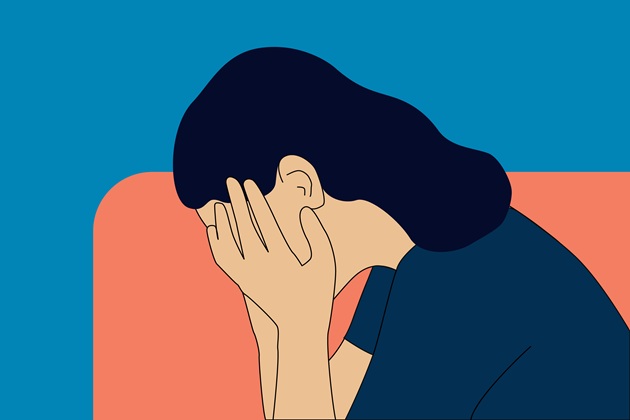Some people will rejoice at the thought of hot weather coming our way. But for nursing staff, keeping hydrated while at work can bring another challenge to already busy days. RCN Head of Health, Safety and Wellbeing Kim Sunley answers your questions on this key subject.
Why is hydration an issue for nursing staff?
While you don’t need permission to prioritise self-care, it’s helpful to have information to hand that you can use to hold employers to account.
Dehydration affects concentration, cognitive function and can trigger fatigue. It has an impact on wellbeing at work but is also a staff and patient safety issue. To be able to deliver safe and effective care and perform to your best, you need to be hydrated.
You work in a physically and emotionally demanding profession and if you can’t look after yourself, you’re more likely to become unwell or burn out.
We want nursing staff to have their breaks to rest, rehydrate and refuel but they shouldn't just rehydrate on their breaks, they need access to water in their work environment too.
Nursing staff with some long-term conditions, taking certain medications, or those who are pregnant or breastfeeding may especially need to prioritise keeping hydrated.
What’s the evidence hydration is a problem?
A 2022 RCN study found almost two-thirds of respondents said they were unable to take the breaks they were supposed to including toilet, drink, and food breaks.
Hydration is also important for urinary health. Several studies have highlighted poor bladder health (for example an increased risk of urinary tract infections) in nursing staff, with “nurse bladder” used as an anecdotal description of unhealthy bladder habits among female nursing staff.
What’s the law?
Employers have a duty to ensure staff have access to drinking water, the time to rehydrate, and to go to the toilet.
Find out more about Regulation 22 Workplace (Health Safety and Welfare) Regulations: Drinking Water on the RCN Rest, Rehydrate and Refuel resource and on the gov.uk website.
What if I can’t drink during my shift?
Travelling between patients in hot weather can also be a risk, carry a large, insulated water bottle and drink small amounts frequently.
You can check if you're dehydrated against our urine colour chart poster.
If you’re not able to easily access drinking water, speak to your manager or raise this with your RCN rep.
If you feel you’re not getting the response you need from your employer, visit Rest, Rehydrate, Refuel for advice on how to set up a petition letter.
What should you do if you’re dehydrated?
The Health and Safety Executive has information on how to reduce the effects of dehydration.
This includes:
- frequently drinking cool water (rather than tea, coffee or carbonated drinks)
- not relying on feeling thirsty to tell you you're dehydrated, as this isn’t a good indicator. It’s an early sign that you’re starting to suffer from its effect.
Take a look at the RCN advice guide: Working in the hot weather, and the NHS website for more information.
Where can I get RCN hydration posters?
You should drink enough during the day, so your urine is pale and clear. We have produced an A4 Are you hydrated? poster that shows a urine colour chart to assess your level of hydration. The poster is laminated which makes it perfect for the back of toilet doors. Find out how to order posters.
We also recommend reading
- The RCN Rest, Rehydrate, Refuel resource.
- RCN professional resources on nutrition and hydration.
- For information for patients, visit Hydration essentials.
- RCN reps can access a working in hot weather briefing on the reps’ hub.








